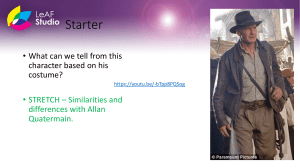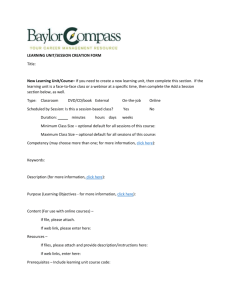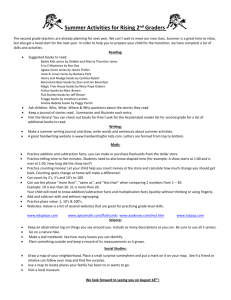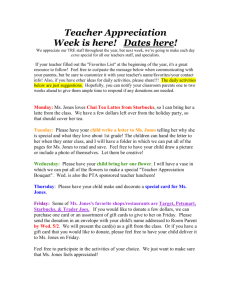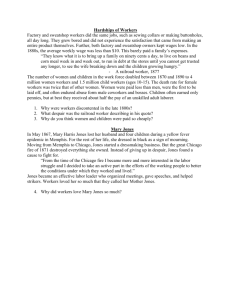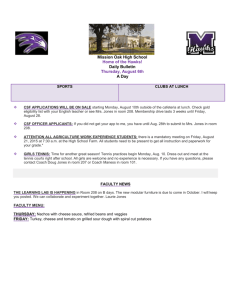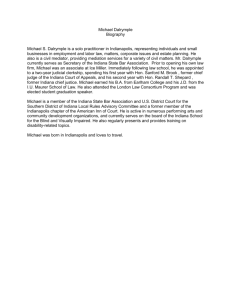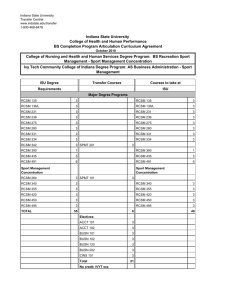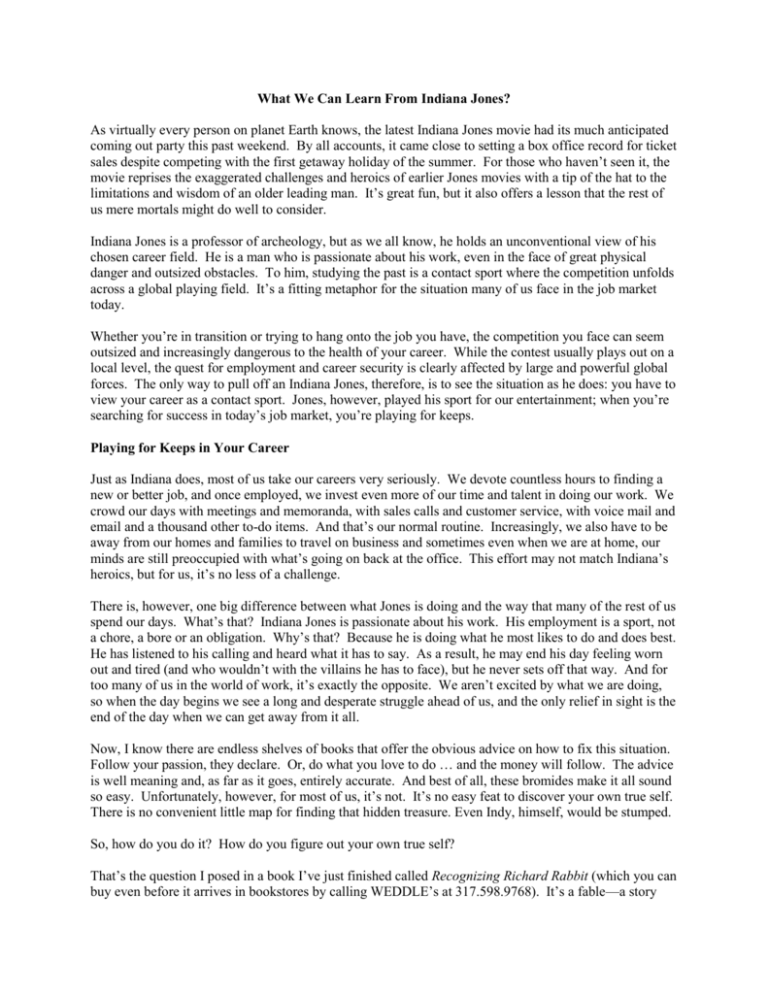
What We Can Learn From Indiana Jones?
As virtually every person on planet Earth knows, the latest Indiana Jones movie had its much anticipated
coming out party this past weekend. By all accounts, it came close to setting a box office record for ticket
sales despite competing with the first getaway holiday of the summer. For those who haven’t seen it, the
movie reprises the exaggerated challenges and heroics of earlier Jones movies with a tip of the hat to the
limitations and wisdom of an older leading man. It’s great fun, but it also offers a lesson that the rest of
us mere mortals might do well to consider.
Indiana Jones is a professor of archeology, but as we all know, he holds an unconventional view of his
chosen career field. He is a man who is passionate about his work, even in the face of great physical
danger and outsized obstacles. To him, studying the past is a contact sport where the competition unfolds
across a global playing field. It’s a fitting metaphor for the situation many of us face in the job market
today.
Whether you’re in transition or trying to hang onto the job you have, the competition you face can seem
outsized and increasingly dangerous to the health of your career. While the contest usually plays out on a
local level, the quest for employment and career security is clearly affected by large and powerful global
forces. The only way to pull off an Indiana Jones, therefore, is to see the situation as he does: you have to
view your career as a contact sport. Jones, however, played his sport for our entertainment; when you’re
searching for success in today’s job market, you’re playing for keeps.
Playing for Keeps in Your Career
Just as Indiana does, most of us take our careers very seriously. We devote countless hours to finding a
new or better job, and once employed, we invest even more of our time and talent in doing our work. We
crowd our days with meetings and memoranda, with sales calls and customer service, with voice mail and
email and a thousand other to-do items. And that’s our normal routine. Increasingly, we also have to be
away from our homes and families to travel on business and sometimes even when we are at home, our
minds are still preoccupied with what’s going on back at the office. This effort may not match Indiana’s
heroics, but for us, it’s no less of a challenge.
There is, however, one big difference between what Jones is doing and the way that many of the rest of us
spend our days. What’s that? Indiana Jones is passionate about his work. His employment is a sport, not
a chore, a bore or an obligation. Why’s that? Because he is doing what he most likes to do and does best.
He has listened to his calling and heard what it has to say. As a result, he may end his day feeling worn
out and tired (and who wouldn’t with the villains he has to face), but he never sets off that way. And for
too many of us in the world of work, it’s exactly the opposite. We aren’t excited by what we are doing,
so when the day begins we see a long and desperate struggle ahead of us, and the only relief in sight is the
end of the day when we can get away from it all.
Now, I know there are endless shelves of books that offer the obvious advice on how to fix this situation.
Follow your passion, they declare. Or, do what you love to do … and the money will follow. The advice
is well meaning and, as far as it goes, entirely accurate. And best of all, these bromides make it all sound
so easy. Unfortunately, however, for most of us, it’s not. It’s no easy feat to discover your own true self.
There is no convenient little map for finding that hidden treasure. Even Indy, himself, would be stumped.
So, how do you do it? How do you figure out your own true self?
That’s the question I posed in a book I’ve just finished called Recognizing Richard Rabbit (which you can
buy even before it arrives in bookstores by calling WEDDLE’s at 317.598.9768). It’s a fable—a story
told by animals—and more. In fact, unlike traditional fables—like Who Moved My Cheese, for
example—my tale unfolds in two streams of exploration. One, of course, is the fictional tale; the other is
a nonfictional self-interview that follows the twists and turns of the fable. Together, they enable you to
tap both your creative energy and your rational mind to find the essence of who you actually are. Why
bother? Because that’s the only way to acquire genuine self-knowledge. You can’t do it with one aspect
of your being or the other; you need all of your faculties—both hemispheres of your brain—to introduce
yourself to your own true self.
Indiana’s contact sport is a whirlwind of wrestling with alligators and bad guys who stand in the way of
some archeological treasure. For you and me and everyone else, the contact sport of our careers is all
about getting into contact with yourself. Simple as that may sound, it is a challenge every bit as big as
finding the crystal skull or the lost ark. And that, I think, is the most important lesson we can learn from
our friend Mr. Jones. The quest to understand who we are and what we have the innate talent to become
is a challenge that is worthy of our very best effort, our unflinching commitment and our enthusiastic
engagement. It is the way we too can become larger than life.
Thanks for reading,
Peter
© Copyright 2008 WEDDLE’s LLC. All Rights Reserved.

